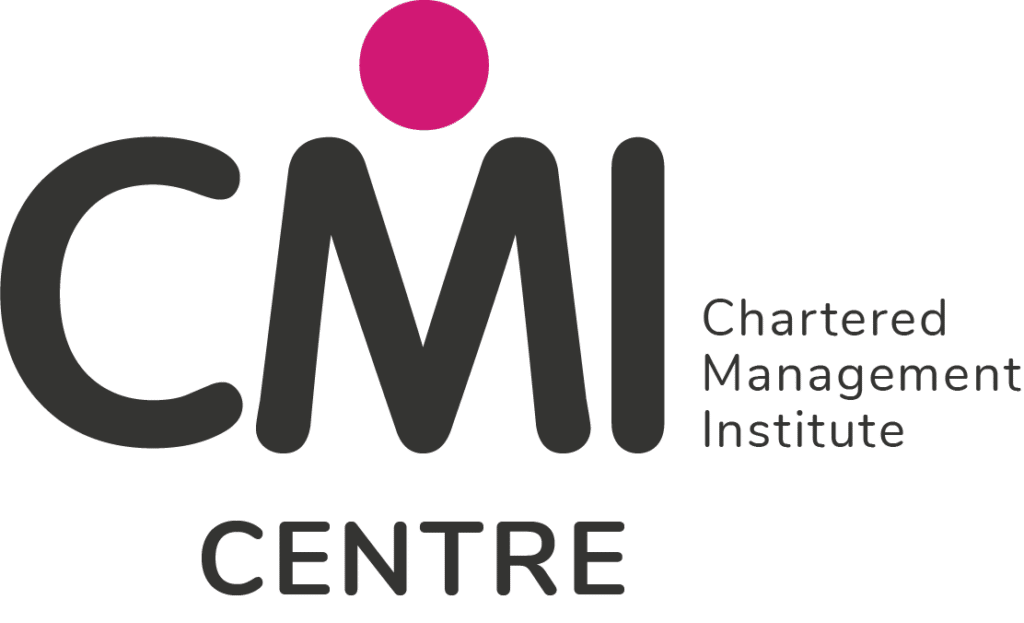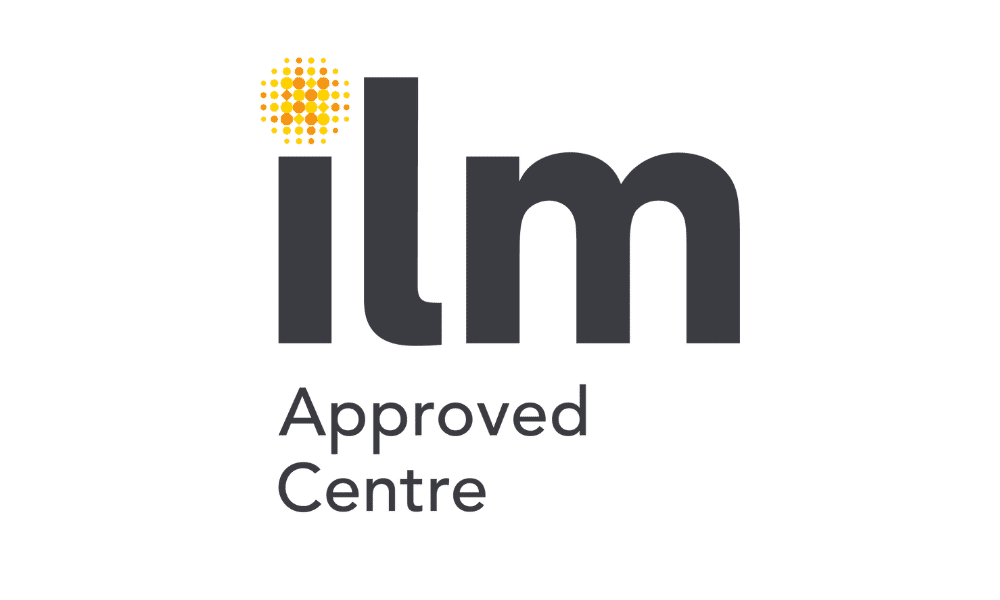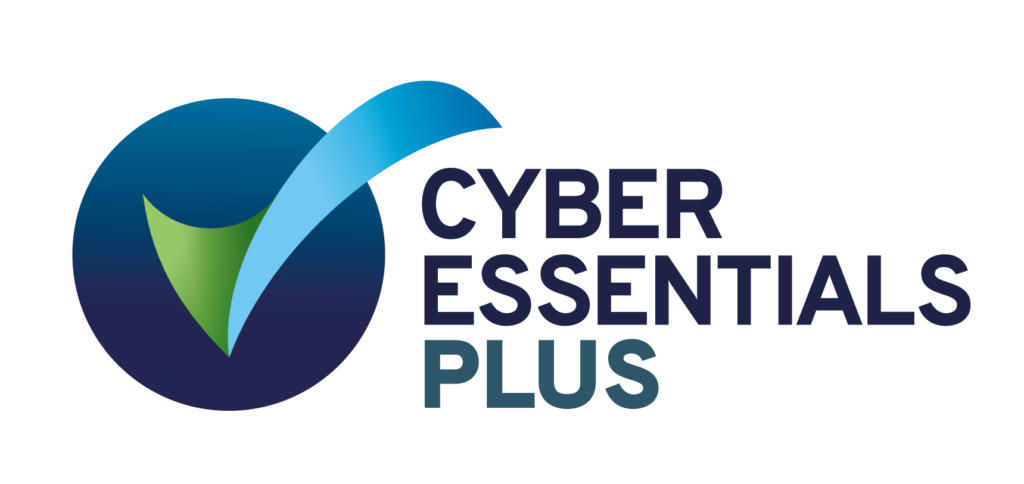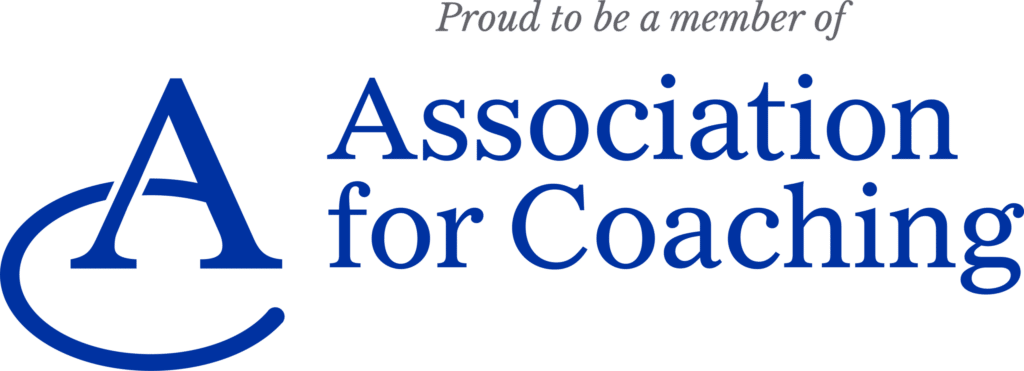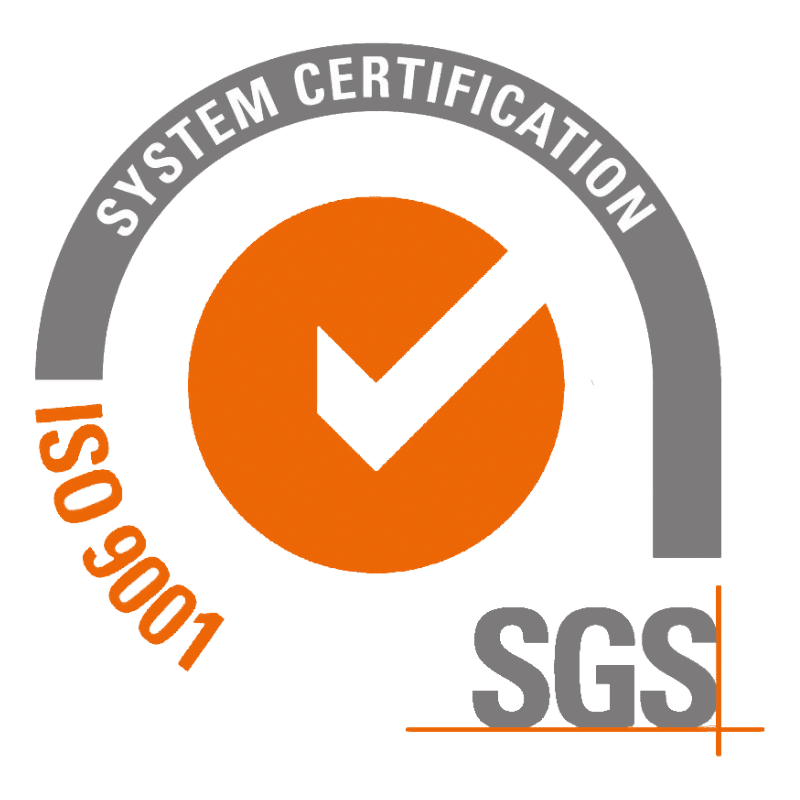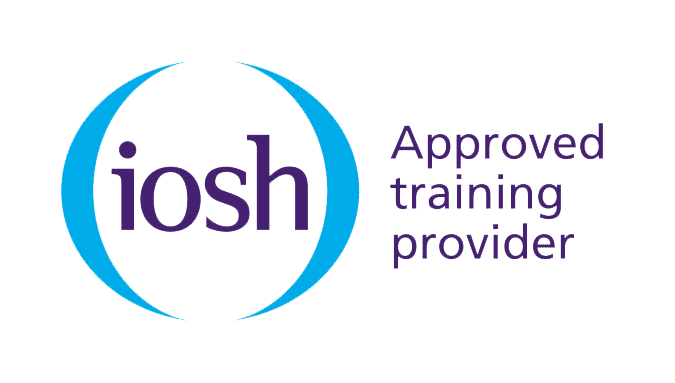From our conversations with customers – both existing and new – we know that Values and Coaching are two things featuring at the top of many Organisational Development priority lists.
For the former, there is focus on improving awareness of values and ensuring that they feel ‘lived’ in the organisation. For the latter, we are asked to support the development of ‘coaching cultures’, within which more trusting personal relationships can be fostered and hidden performance boosts can be unlocked.

So, with efficiency (of spend and learning time) also a common concern, it may be useful to consider an approach and skillset that can support both of these things at once. ‘Coaching for Alignment’ or, as it is also referred, ‘Values-Centred Coaching’ is a model of coaching designed by Christian van Nieuwerburgh and Raja’a Allaho which encourages the personal growth and development brought about by coaching to be closely aligned to personal or organisational values.
Read on to find out more about why organisational values and workplace coaching are in the spotlight, and why Values-Centred Coaching is an exciting opportunity to help your workforce with knowledge and skills that can pursue both.
Values
Towards the end of 2021, a whitepaper published by highly respected awarding body ILM shed light on the alignment of organisational leadership to a defined set of organisational values. As we wrote about at the time, doing so is a complicated undertaking but, ultimately, can be extremely rewarding. More and more organisations are stating their values loudly and proudly and, importantly in the current competitive talent market, more and more employees are keen to find out whether those values are actually embodied in actions and behaviour and translate to a culture that they would be both happy and productive in.

Organisational values are now almost ubiquitous. We polled the attendees at one of our recent webinars and an overwhelming 92% reported that their organisation had a defined set of values. Furthermore, 55% of those said they would be able to name them all and 37% said they would be able to name at least some, meaning a very small percentage had no awareness whatsoever.
The challenge for Organisational Development (OD) and Learning & Development (L&D) teams, as well as organisational managers and leaders, is increasing awareness and understanding of the company values, but also making sure that such understanding is more than surface level.

Picture a job interview where one of your managers is asked what it’s like to work at your organisation and they robotically recite the company values as an answer. Now, picture one where the manager can, in response, describe a culture where everyone is guided by the same set of principles. Rather than a set of rules, for which there are consequences when broken, the manager is able to talk at length about what motivates the team and keeps everyone pulling in the same direction, even during the tougher times.
So, the first (and slightly easier) part of the OD/L&D challenge is increasing awareness of these organisational values. The harder part is ensuring they are translating into working lives. When this is happening, decisions, strategies and action plans are being held up – consciously or subconsciously – against those values to check for congruence. Values don’t have to be organisational in this scenario – if an individual’s personal values play a part in why they are so well suited to a particular organisation, or so effective in their role, they should be encouraged and empowered to work in alignment with those values as well.
Coaching
Whether through the coaching skills of their managers and leaders or by making time and space for formal coaching conversations to happen, many OD and L&D departments are keen to build a ‘coaching culture’ within their organisation. We have written previously on the benefits of workplace coaching, as has ILM, and there are many reasons why it has been upwardly trending in the world of workforce development for many years.

‘Coaching style’ leaders are better listeners, communicators and motivators. They also get better performance and greater innovation out of their teams and reports by developing their confidence, initiative and self-awareness. Within ‘coaching cultures’, there are better and faster responses to change, performance management processes that empower and encourage rather than criticise and control, and a huge appetite for CPD and professional learning.
Various models and methods of coaching are popular – a common one you may have heard of is based around the acronym GROW (Goals, Reality, Options, Will) and is centred on guiding the ‘coachee’ to produce practical action plans based around what they want to achieve, what their current situation is, and what may stand in their way.

Also popular is the STEPPA model, which links the coachee’s behaviours and actions to their emotions, guiding them to take the later into account. An alternative model, which will be of interest to any OD/L&D team who are looking to shine a light on their organisation’s values, support their workforce to be principled and ethical, and add structure to workplace coaching, is:
Values-Centred Coaching
van Nieuwerburgh and Allaho produced the model of Values-Centred Coaching in response to what they perceived as an increasingly common (and widening) gap between individuals’ values & beliefs and what they are asked to do at work. This gap can bring about a lack of engagement with their role (bad for the company) and increase levels of stress (bad for everyone). They also recognised that, for some cultures, the way in which we conduct ourselves (the values that we hold and exhibit) are as or more important than the things we achieve.
Once the ‘partnership conditions’ of mutual trust and respect are established, the model sees the coach guides their coachee through the ‘conversational process’, structured into the phases of ‘discovery’, ‘intention’, ‘pathways’ and ‘effort’. These phases circulate an ‘Alignment Wheel’, at the centre of which is placed the coachee’s values, which guides the conversation to stop at each phase, and compare the experiences, reflections, ideas, intentions, plans, and efforts with those values – disregarding (or reshaping) ones which clash.

By placing organisational values at the centre of the ‘alignment wheel’ (pictured above in a screenshot from our pearls of wisdom® video P406 – Values-Centred Coaching), possibly in a second conversation after personal values have been considered, the coachee is prompted to think about how their situation and mission measures up to the guiding principles of their employer. This can be just as valuable for team coaching, as well as one-on-one coaching – when teams must come together to brainstorm and suggest possible pathways, doing so in the structure of a Values-Centred Coaching conversation can help them to think about the wider picture that takes into account how other teams or functions will be affected. When teams are deliberately aligning themselves to the same set of values whilst working separately, the creation of damaging ‘silos’ and obstructive processes is much less likely.
If you would like to explore learning solutions that will help you to reinforce your organisational values, build your coaching culture or, in the case of introducing your staff to the concept and skills of Values-Centred Coaching, do both – fill out an enquiry form here.
